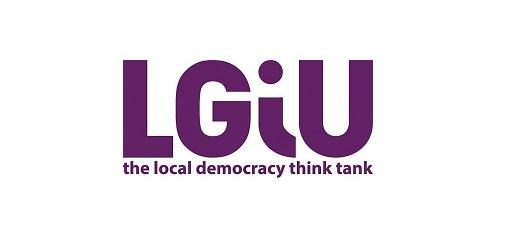
The Local Government Information Unit (LGiU) has published its State of Local Government Finance report.
The report is based on information provided by senior figures from around half of all English Councils.
According to LGiU, this year’s findings tell a story of local government battling with the consequences of years of under-investment and neglect but continuing to be ambitious and innovative on behalf of their residents and places.
Key findings included: